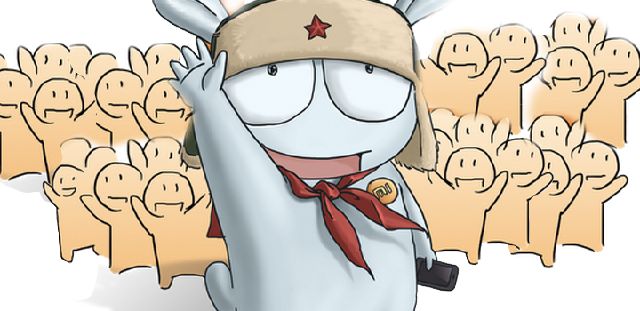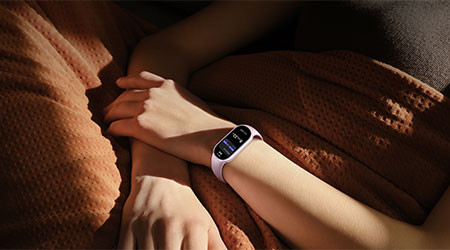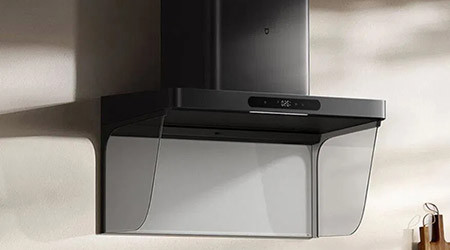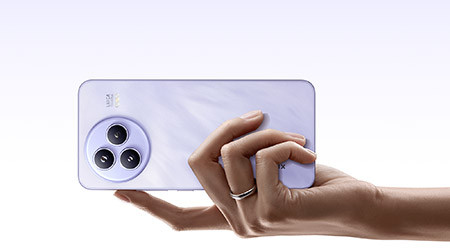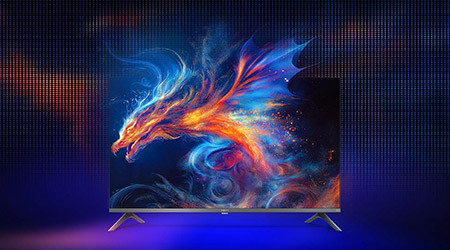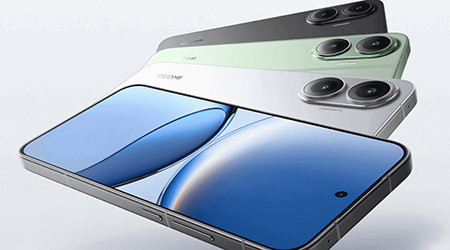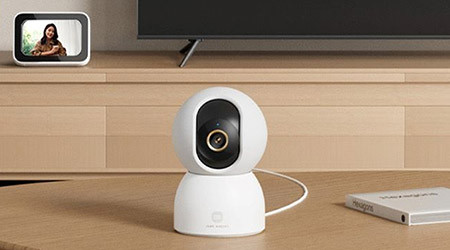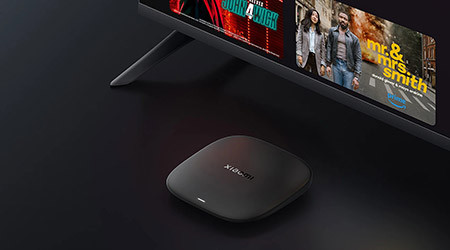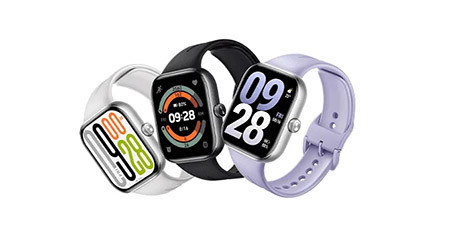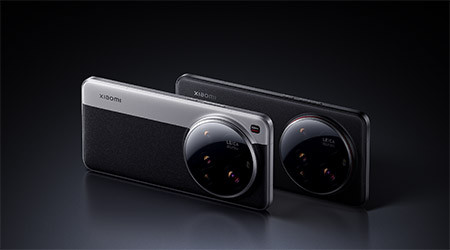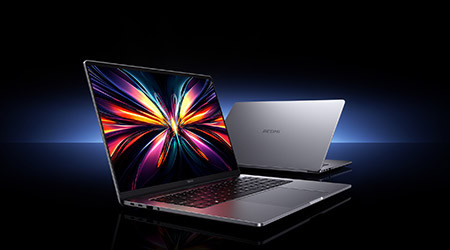De Liu About the Products of Tomorrow
- 29.08.2017
- 2371
- Joney Tour
- Add new comment
Xiaomi co-founder and VP, De Liu, was a featured guest speaker at the “Innovation Change World” forum, arranged by the ArtCenter College of Design in California this past July. He talked about MiJia ecosystem devices and Xiaomi's priorities in product development.
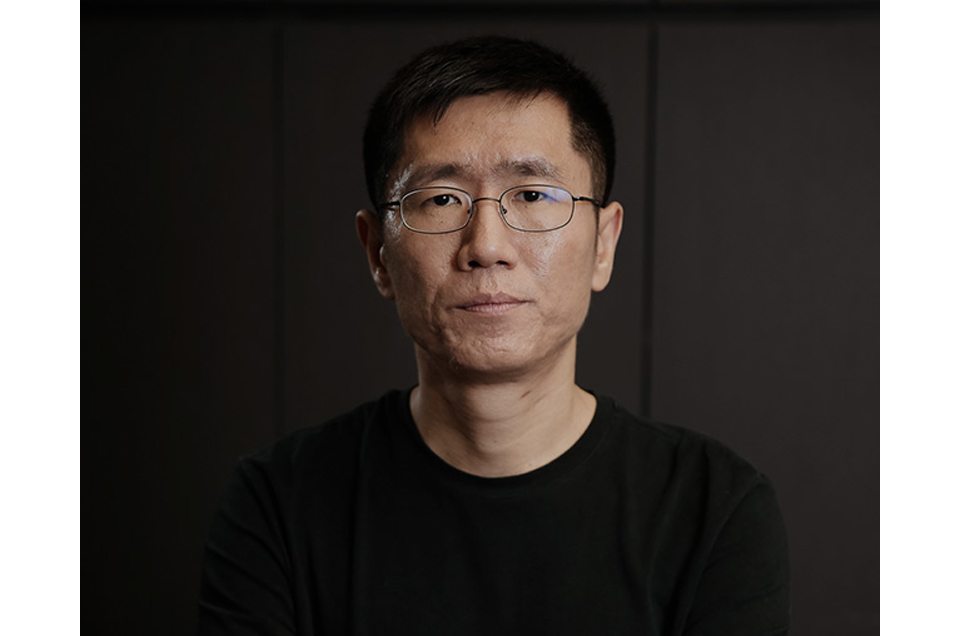
De Liu, who has also been placed in charge of implementing new design ideas in all of the MiJia ecosystem products, said that the aim of the company is to create devices that look and function way ahead of their time, but at the same time, that the whole world is ready for. “Xiaomi has been building its ecosystem for three years now, each year exploring and applying new technologies. In order for us to remain a leader in the market, we literally need to do everything under the sun. Being put against such tech giants as Samsung or Apple, which make millions of dollars in revenue annually, is a challenge and a blessing all at once. That is the reasons why Xiaomi has turned into one of the most versatile tech companies. We have learned to see far into the future of the industry and make products people can understand and draw inspiration from."
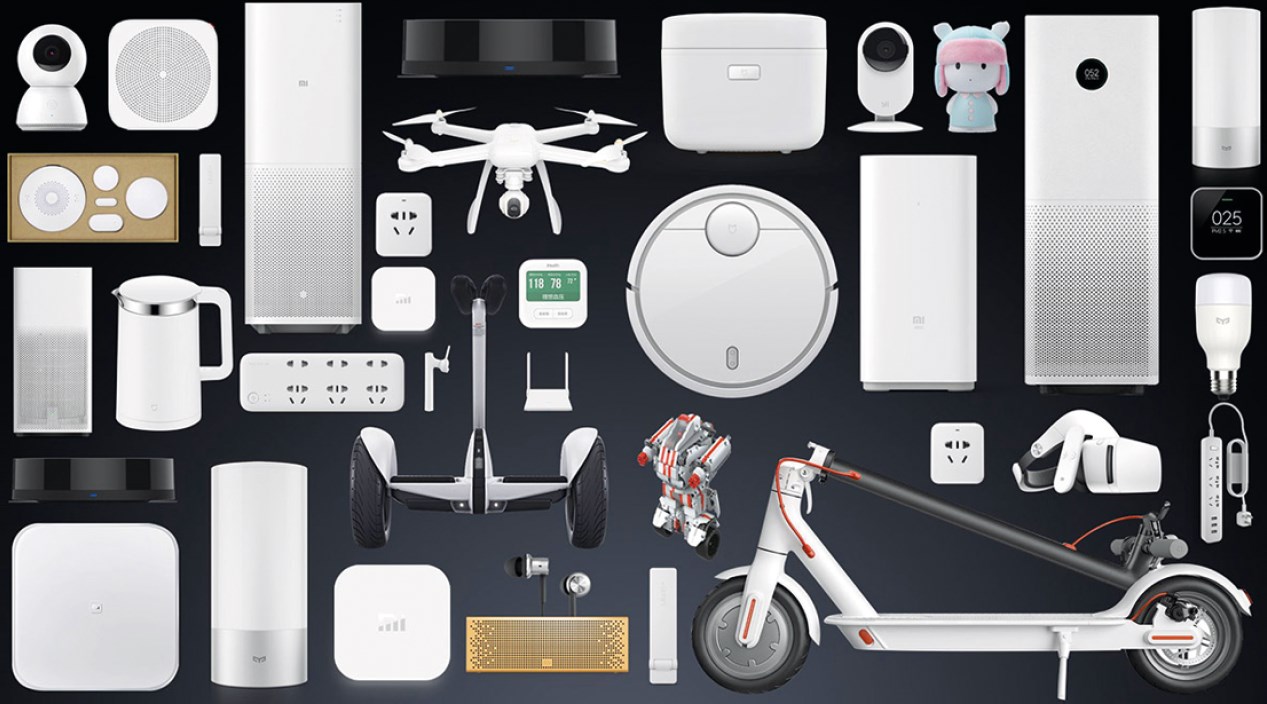
Smart gadgets today live in the third era of their evolution. First, we saw just computers with Internet connection. Then the Internet landed on our smartphones. And nowadays practically all electronic devices, home appliances, means of transport and a lot of little gizmos are taking up the Internet that allows them to interact with each other. Xiaomi was one of the driving forces that made that a reality.
"The number of companies involved in the ecosystem is 89.
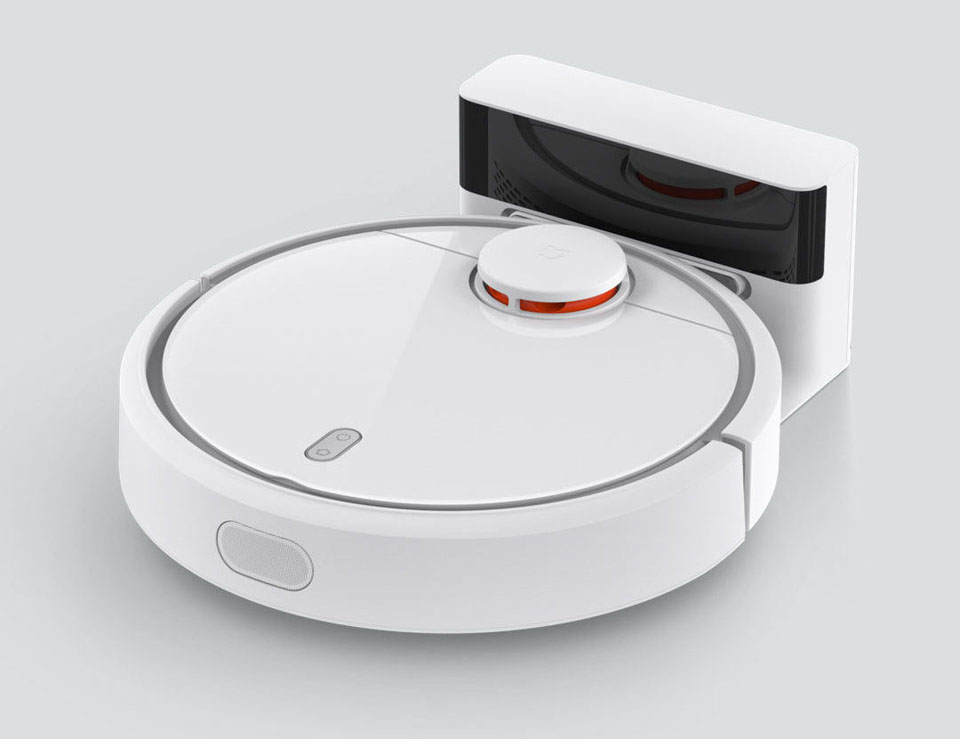
It is a funny fact that despite its capabilities, MiJia Robot Vacuum Cleaner did not make it an instant favorite among people from the start. The situation changed drastically in just a year and today this device is one of the products of tomorrow, raising the bar for all the other vacuum cleaners with remote control. On top of that, people do not want to go back to the simple, “yesterday” products after they use MiJia’s smart ones. Fair enough: it is as if you wanted to give up your kitchen stove and use a fire pit.
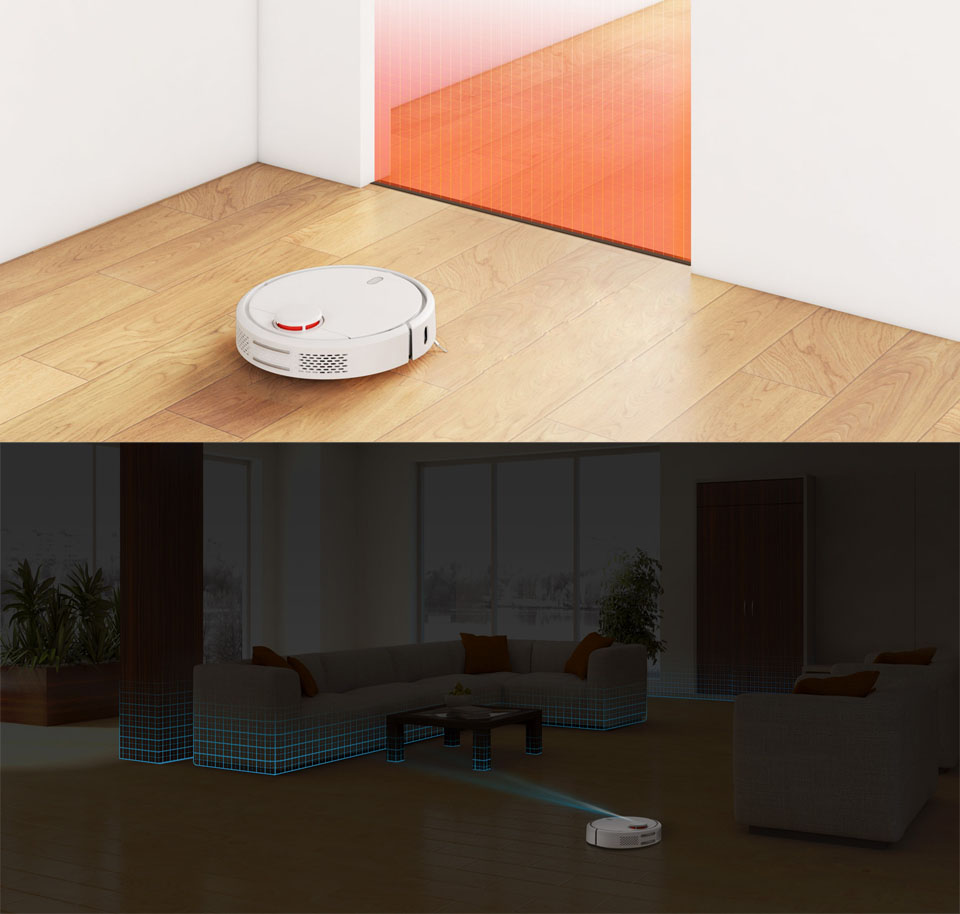
Beijing, Shanghai, Guangzhou, the south-east coast of China are the economically developed areas where MiJia ecosystem products have gained enormous popularity. The ecosystem is also popular in Taiwan: 3 million units of MiJia Robot Vacuum Cleaner were sold in just a month. Vietnam, Korea, Europe, and the US are also among the admirers of the ecosystem. Moreover, the largest crowdfunding platform in the world is the platform of the ecosystem.
"Let’s take a look at the Mi Laser Projector. We weighed in with the idea to give the world a home theatre that would be budget-friendly, but qualitative and innovative in image reproduction, a long time ago. The production was put on hiatus because there were still doubts if the ecosystem required such a gadget, as the market price for laser projectors was high and these devices were large in size. After two years of experiments, we created a great product worth not more than $1000. At first, we decided to release 2000 units to see how people would react. Wow! Mi Laser Projector hit it off: over a day 2056 projectors have been sold!", De Liu continued with its favorite device creation stories.
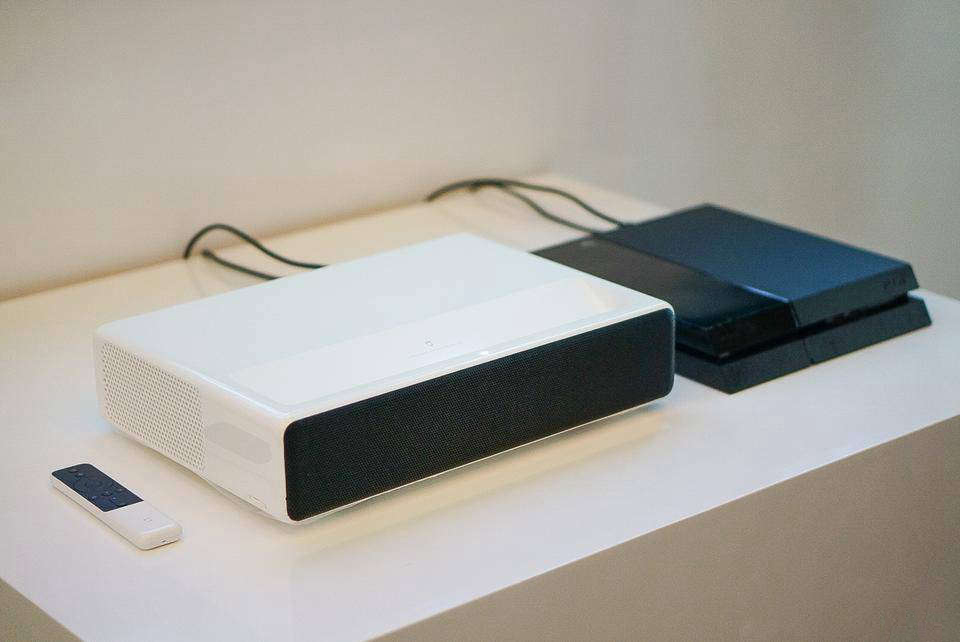
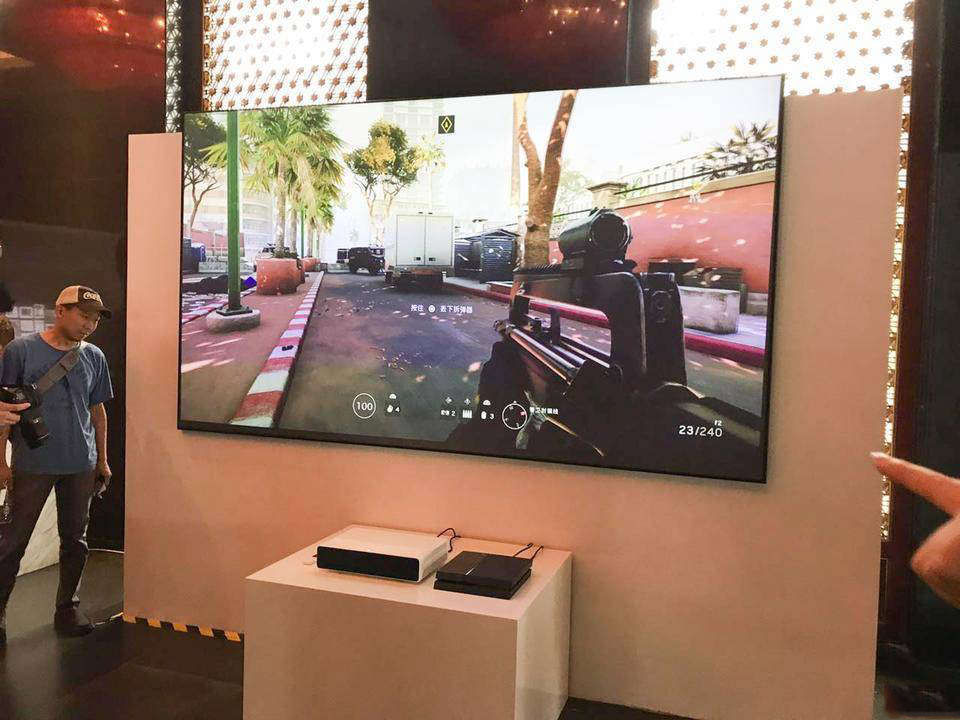
Every year the number of MiJia fans is growing and the need to develop sales not only through the Internet but also through more brick-and-mortar stores grows with it. Today there are hundreds of offline stores of Xiaomi in China. During the next three years, the company plans to have thousands of them across China. Why so many? Get this: in one week, the company sells up to 10 000 mattresses, in one day — hundreds of thousands of towels and toothbrushes.
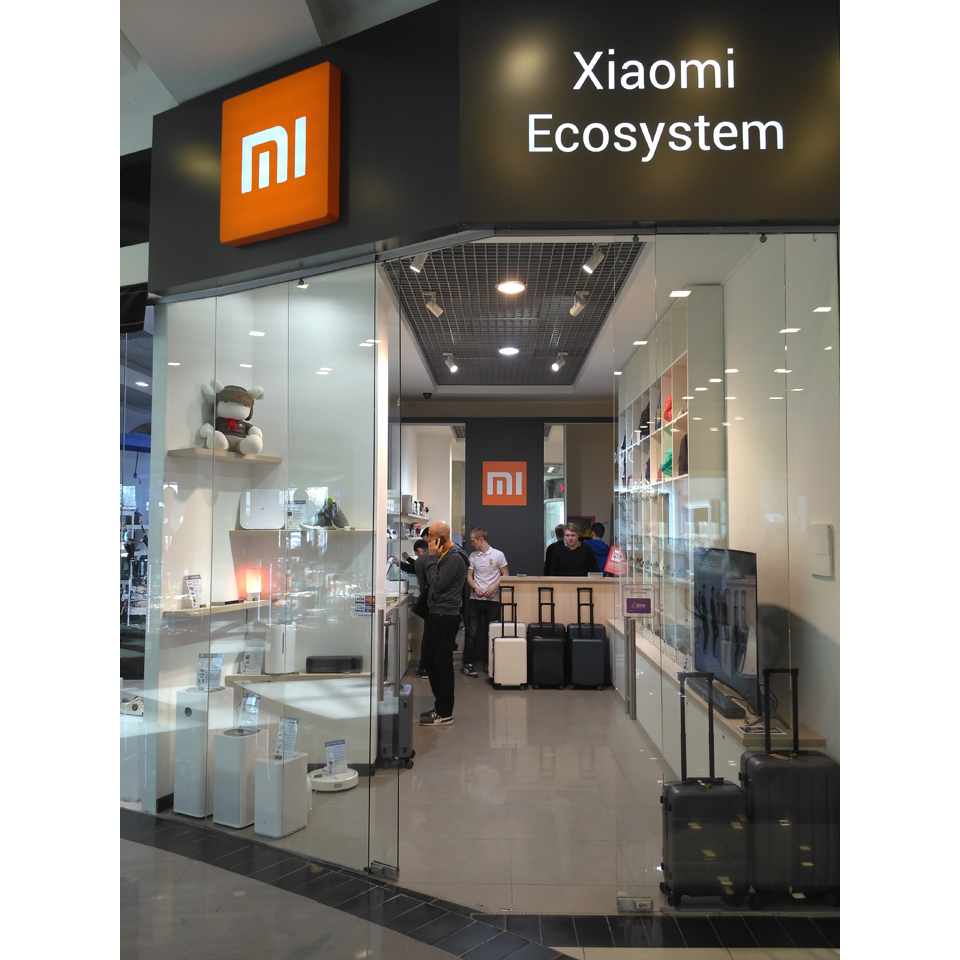
Consider some more examples:
- Mi Band fitness bracelets: planned to sell 2 million units/year, sold 14 million units/year;
- headphones: planned to sell 1 million units/year, sold about 8 million units/year;
- air purifiers: planned to sell 3 million units/year, sold 200 million/year.
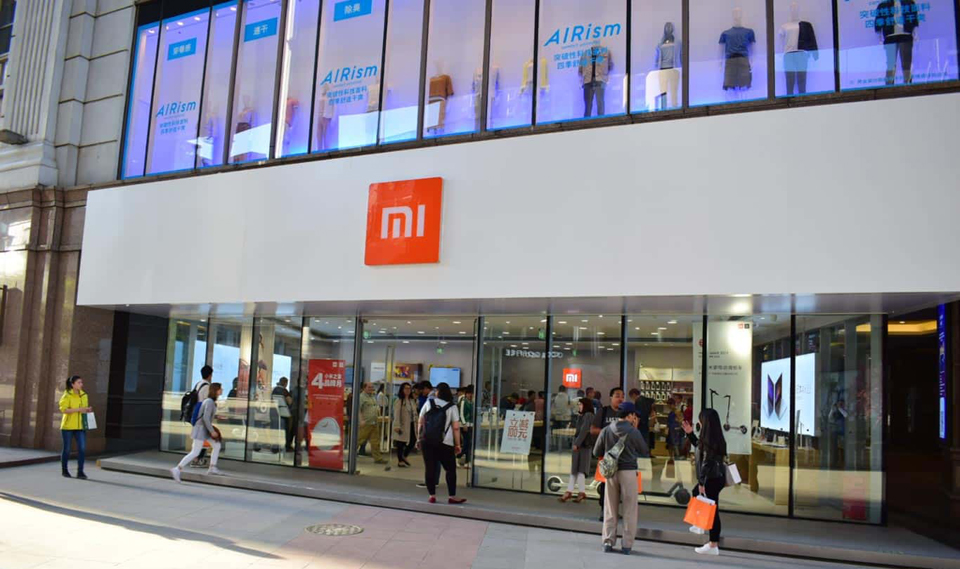
"Around 2.4 million people make up the customer base of the ecosystem. We do not set boundaries, releasing products in one theme. We are proud to have built a huge business empire, where we care about the needs of our customers. Thus smartphones, headphones, small household appliances, means of transport, products for kids, personal hygiene products, clothing, bedding and the like — all we try to fit into the concept of the “Internet of Things”. And believe us — it is a powerful instrument that can help to change the world."
